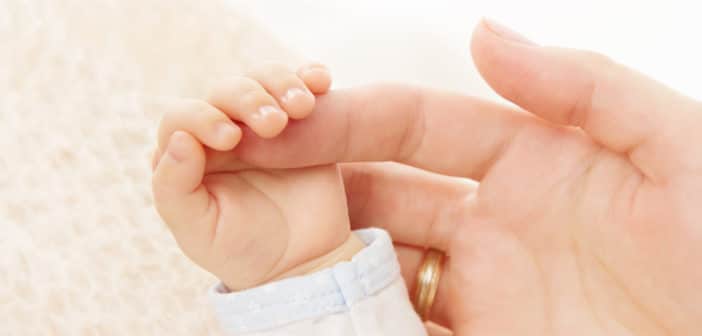This post was originally published on June 18, 2015.
You can’t escape your genes. If alcoholism and/or addiction run deep in the roots of the ole’ family tree, your propensity to develop a problem are higher. This shouldn’t be news to anyone but what should be is the revelation that sometimes these inescapable DNA traps can actually be reprogrammed, with the help of hard drugs. Kidding, sort of. There are actually ways to tweak our genetic makeup.
Messing With the Inheritance We Don’t Want
A team at McGill University has conducted a study revealing that the symptoms associated with drug withdrawal aren’t just nausea, cold sweats and the shakes. A fancy schmancy biological term called DNA methylation, a form of epigenetic mark, occurs in the body when it’s coming off a drug like cocaine.
During this state, certain genes can be turned on, off or dimmed and the researchers are attempting to influence the shift in genes during methylation with the use of epigenetic drugs. Confused? Yes, me too. I had to read the study results several times before I got a somewhat firm grasp of exactly what sort of magic these researchers were making. They used rodents, science experiments’ trusty friends (or, token helpless victims, for all you PETA peeps), to test this out. The group basically trained rats to self-administer cocaine through the use of light or sound cues.
Tests for signs of cocaine addiction in the rats were conducted after one or 30 days of withdrawal. The animals who’d been off the nose candy for a month demonstrated the most epigenetic changes—in other words, demonstrated the best condition in which to use a drug that influences epigenetic markers. According to the scientists’ findings, when they injected the drug RG108 just before giving the rats who had been clean for 30 days their cocaine cue, the rats’ addictive behavior ceased.
So Does This Mean We’re Curing Addiction?!
Sure, the result of these experiments are promising in terms of trying to treat both physical withdrawal and addiction as a whole but this isn’t, of course, a miracle cure. I’d say that the concept is promising but a little hard to get on board with as the best solution for addictive tendencies and alcoholism because it doesn’t even start peeling the layers of addiction’s complex psychological and environmental components.
I’m sure it won’t hurt to continue developing this process but it certainly isn’t a worthy replacement for a solid dose of serious therapy, long-term rehab, 12-step recovery or insert-the-program-of-your-choosing—at least not yet. Just like drugs or alcohol are not a quick fix to what is usually a deeply embedded issue, neither is an RG108 injection a quick fix to the addiction that developed from trying to self-medicate the deep seated issue(s). Still, hats off to McGill University for taking initiative and making strides in the field of addiction treatment.
Sponsored DISCLAIMER: This is a paid advertisement for California Behavioral Health, LLC, a CA licensed substance abuse treatment provider and not a service provided by The Fix. Calls to this number are answered by CBH, free and without obligation to the consumer. No one who answers the call receives a fee based upon the consumer’s choice to enter treatment. For additional info on other treatment providers and options visit www.samhsa.gov.





